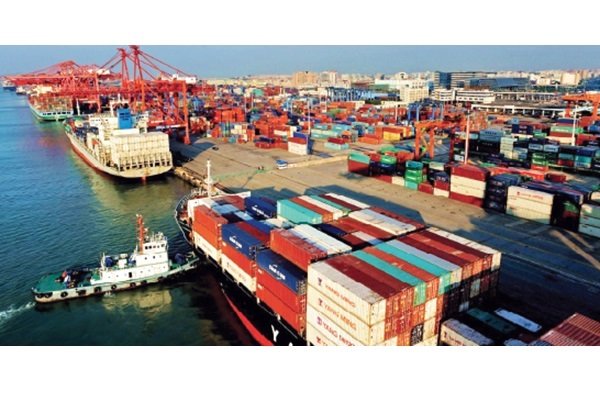The maritime industry’s stakeholders, experts, and port users have decried the duplications of the Nigeria Shipping and Port Economic Regulatory Agency Bill.
They have labelled it as oppressive and anti-people because it contradicts the presidential policy specifically aimed at reducing governance costs, implementing the Oronsaye Report and making life better for millions of Nigerians.
The House of Representatives Committee on Shipping Services and Related Matters, one of the stakeholders and maritime lawyer, Dr Dipo Alaska alleged that the Committee, had on Monday, May 27, this year, held a one-day hearing to gauge public feedback and input on repealing the Nigerian Shippers Council (NSC) Act (Cap N133, LFN 2004) as a prelude to enacting the Nigerian Shipping and Port Economic Regulatory Agency Bill.
According to him, “the Nigeria Shipping and Port Economic Regulatory Agency Bill, in its present form, is a contradiction of the presidential policy specifically aimed at reducing inflation and increase the purchasing powers of masses through a proper and adequate reduction in the cost of governance and subsequent reduction in the cost of doing business at the port.”
Other stakeholders who spoke with our correspondents in separate interviews insisted that the Bill is being sponsored when the Federal Government is reducing the cost of governance and implementation of the Oronsaye Report, which recommended mergers of agencies whose functions overlap and constitute duplications.
“Entrenched interests,” a maritime expert and analyst, Yusuf Idris said, “are looking for a mundane opportunity to sabotage the laudable efforts of President Bola Tinubu with the Nigeria Shipping and Port Economic Regulatory Agency Bill.”
An investigation conducted by our correspondent has shown that the clandestine moves to force the Bill through the National Assembly have resulted in a muted squabble in the maritime sector as its regulators jostle for supremacy in a power play, which Idris said, “is capable of undermining trade facilitation and afflict the nation’s maritime and shipping value chain with the unenviable status of an over-regulated business environment.”
Sadly, he said, “the House of Representatives appears to be evolving as an interest group on this ill-motivated enterprise that is not good for the general economic interest of the country.”
![]()










